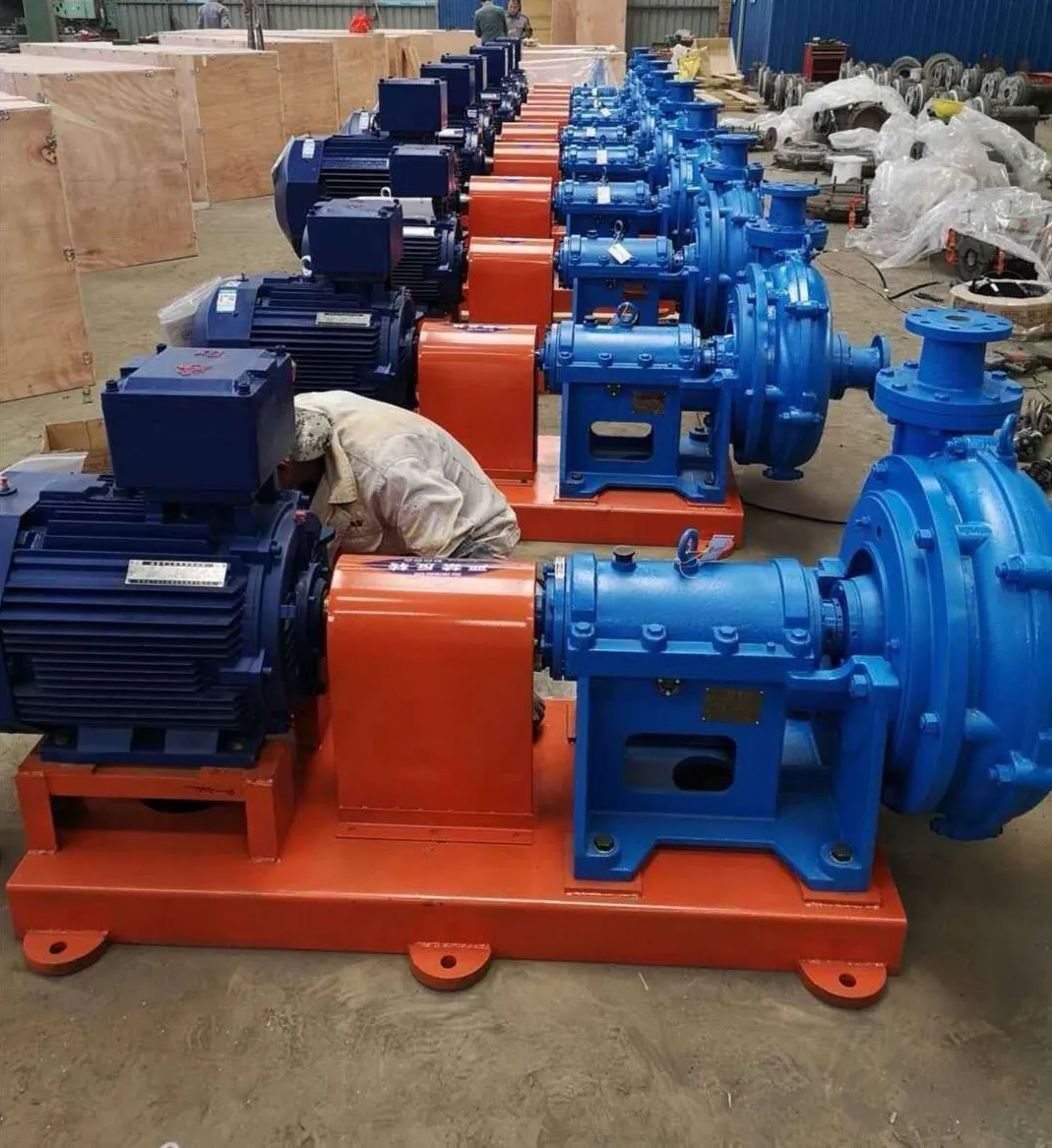English
- Afrikaans
- Albanian
- Amharic
- Arabic
- Armenian
- Azerbaijani
- Basque
- Belarusian
- Bengali
- Bosnian
- Bulgarian
- Catalan
- Cebuano
- Corsican
- Croatian
- Czech
- Danish
- Dutch
- English
- Esperanto
- Estonian
- Finnish
- French
- Frisian
- Galician
- Georgian
- German
- Greek
- Gujarati
- Haitian Creole
- hausa
- hawaiian
- Hebrew
- Hindi
- Miao
- Hungarian
- Icelandic
- igbo
- Indonesian
- irish
- Italian
- Japanese
- Javanese
- Kannada
- kazakh
- Khmer
- Rwandese
- Korean
- Kurdish
- Kyrgyz
- Lao
- Latin
- Latvian
- Lithuanian
- Luxembourgish
- Macedonian
- Malgashi
- Malay
- Malayalam
- Maltese
- Maori
- Marathi
- Mongolian
- Myanmar
- Nepali
- Norwegian
- Norwegian
- Occitan
- Pashto
- Persian
- Polish
- Portuguese
- Punjabi
- Romanian
- Russian
- Samoan
- Scottish Gaelic
- Serbian
- Sesotho
- Shona
- Sindhi
- Sinhala
- Slovak
- Slovenian
- Somali
- Spanish
- Sundanese
- Swahili
- Swedish
- Tagalog
- Tajik
- Tamil
- Tatar
- Telugu
- Thai
- Turkish
- Turkmen
- Ukrainian
- Urdu
- Uighur
- Uzbek
- Vietnamese
- Welsh
- Bantu
- Yiddish
- Yoruba
- Zulu
Telephone: +86 13120555503
Email: frank@cypump.com
Nov . 23, 2024 05:16 Back to list
'exploring the advantages and applications of closed impeller ...'
Exploring the Advantages and Applications of Closed Impellers
Closed impellers are a critical component in various fluid handling systems, and their design has been pivotal in enhancing the efficiency of pumps. By understanding the advantages and applications of closed impellers, we can appreciate their significance in both industrial and commercial settings.
Exploring the Advantages and Applications of Closed Impellers
Another significant benefit is the ability of closed impellers to handle a wide variety of liquids, including those with varying viscosities. This flexibility makes them suitable for diverse applications, from simple water transport to complex chemical processing. They can efficiently move both clean and slightly contaminated liquids, making them ideal for manufacturing plants, sewage treatment facilities, and food processing systems.
'exploring the advantages and applications of closed impeller ...'

Closed impellers are also known for their durability and longevity. The enclosed structure minimizes wear and tear from external contaminants and reduces the impact of cavitation—a common issue in fluid dynamics that can lead to pump failure. This resilience often results in longer service intervals and lower maintenance costs, thereby enhancing the overall return on investment for businesses using these systems.
In terms of applications, closed impellers are widely utilized in various fields. In the agricultural sector, they facilitate irrigation and water transfer, ensuring efficient resource management. In the chemical industry, they play a vital role in the movement of corrosive substances, thanks to the advanced materials used in their construction. Additionally, in the HVAC industry, closed impellers are essential for circulating fluids in heating and cooling systems, contributing to overall system efficiency.
In conclusion, the advantages of closed impellers, including their hydraulic efficiency, versatility, durability, and broad application range, make them indispensable in modern fluid handling systems. As industries continue to seek ways to optimize performance and reduce costs, closed impellers will undoubtedly remain a key component in the development of advanced pumping solutions. Their continued evolution will likely lead to even greater efficiencies and expanded applications in the future, solidifying their role in engineering and industrial practices.
-
ISG Series Vertical Pipeline Pump - Chi Yuan Pumps Co., LTD. | High Efficiency, Energy-Saving
NewsJul.29,2025
-
ISG Series Pipeline Pump - Chi Yuan Pumps | High Efficiency, Low Noise
NewsJul.29,2025
-
High-Efficiency Vertical Slurry Pumps for Mining & Industry Solutions
NewsJul.29,2025
-
High-Efficiency Pipeline Pump Solutions for Every Pipeline Pump Station
NewsJul.29,2025
-
High-Performance Chemical Pumps for Sale – Industrial & Injection Solutions
NewsJul.28,2025
-
Large Industrial Sludge Slurry Pump Mining Wear-resistant Solutions
NewsJul.28,2025










